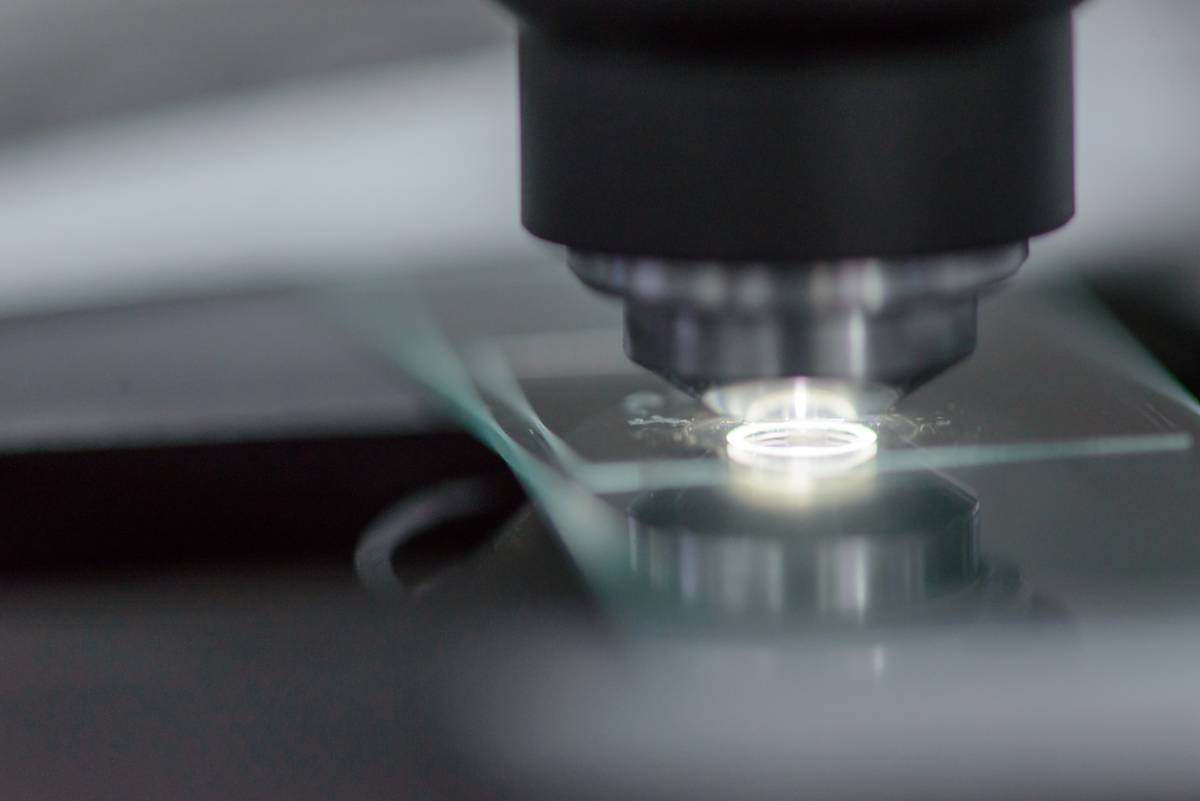Breast biopsies are medical procedures used to examine suspicious breast lumps or abnormalities. It involves the collection of small tissue samples. Specialists can determine whether the lumps are cancerous or benign. Below you will find the top 8 breast biopsy FAQs.
Top 8 Breast Biopsy FAQs
Consider the following most frequently asked questions about breast biopsies.
What types of breast biopsies are there?
There are two basic types of biopsies, including surgical or needle. A surgical biopsy is also referred to as a “core needle biopsy.” This type of biopsy uses a large needle that removes a small piece of tissue from your breast. The biopsy removes a tube-shaped piece of tissue using a vacuum-assisted or spring-loaded device. A surgical biopsy is performed through an incision made in the skin.
A needle biopsy uses a thin, hollow needle attached to a syringe. This type of biopsy is done by inserting the needle into your skin, and there is no need for an incision.
How much pain will I feel?
Pain management is a necessary part of the biopsy process. A surgical biopsy may require general anesthesia, so you will not experience any pain or discomfort during the procedure.
Breast needle biopsies include local anesthesia. This ensures your comfort during the procedure. Some patients experience mild discomfort, but only for a short time.
How long does the procedure last?
A surgical biopsy can take roughly one to two hours, including the preparation time. Patients experience some soreness and discomfort and soreness near the surgical site after the procedure. The recovery time varies between patients. In general, you should be back to your daily routine within a few days.
A needle biopsy usually takes around 20 to 30 minutes. The recovery time is minimal as most patients get back to their regular activities the same day. Bruising and mild discomfort at the biopsy site, but this is normal and subsides within a few days.
Are breast biopsies recommended or requested?
In general, breast biopsies are recommended by your doctor. It is commonly recommended after something suspicious is found on your breast cancer screening, mammogram, ultrasound, or MRI. Your doctor will promptly discuss your options and provide you with their recommendation.
It is less common to have a patient request a breast biopsy in Houston. However, this is only because your doctor will recommend one if they find anything abnormal. If you are concerned about your breast health, it is important to advocate for yourself. You and your doctor can discuss your symptoms and determine the best course of action.
What are the risks?
As a patient, it is critical to understand the risks associated with certain procedures. As with any medical procedure, there are risks. However, the risks associated with breast biopsies are low. Because both procedures penetrate your skin, so there is a risk of bleeding, pain, or infection. Talk with your doctor about any concerns you have beforehand. They can provide you with evidence-based information on the risks and benefits of the procedure.
Is this an evidence-based procedure?
Breast biopsies are both evidence-based and safe. The procedure carries minimal risks, especially when compared to the potential benefits. Breast biopsies have been used in the medical field for years, and countless patients have benefited from the diagnostic tool.
How accurate are the results?
Breast biopsies are a highly accurate diagnostic tool. Research has shown that biopsies are over 90% accurate. This makes them a reliable tool for determining whether a breast lump is cancerous or not.
Is a biopsy safe during pregnancy?
If you need to get a biopsy while you are pregnant, it is considered safe. The procedure can be adapted to reduce any risks. This can ensure the health of you and your baby, in addition to ensuring proper evaluation of breast abnormalities. Work closely with your medical provider to determine the best course of action for you.


